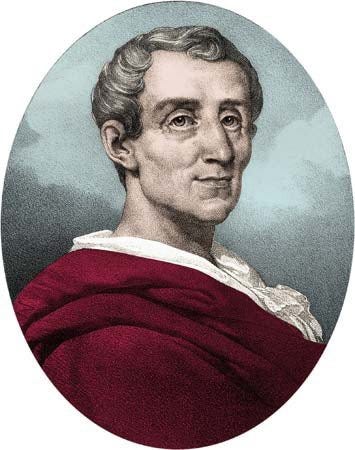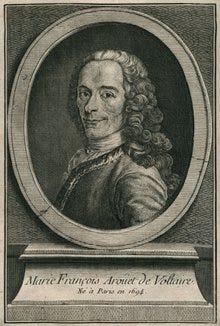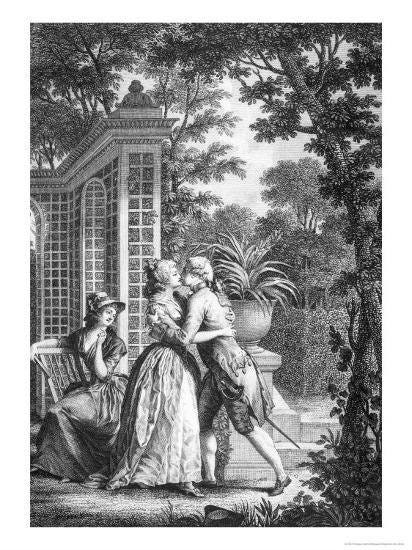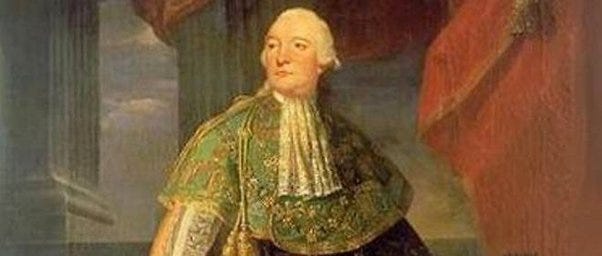How did the Enlightenment influence the French Revolution?
The Influence of the Enlightenment on the French Revolution
The Enlightenment, a period of intellectual growth and questioning, had a significant impact on the French Revolution. It laid the intellectual groundwork for many of the ideas that fueled the revolution. However, it's important to note that the Revolution was not solely a reaction to the Enlightenment.
Challenging Traditional Institutions:
During the Enlightenment, philosophers like John Locke began to challenge traditional institutions, particularly the French monarchy. Locke's ideas about private property and individual rights influenced early Enlightenment thinking in France, even though he did not specifically target the French crown.
Montesquieu and the Spirit of Laws:
Montesquieu, a prominent Enlightenment thinker, dominated French political thought in the early 18th century. His works, such as "The Spirit of Laws," critiqued the monarchy, praised republics of antiquity, and emphasized the importance of separating powers to prevent despotism.
Voltaire's Critiques and Influence:
Voltaire, another influential Enlightenment figure, criticized organized religion, particularly the Catholic Church, and emphasized the detrimental effects of religious fanaticism in works like "Candide." His writings inspired dissent against the monarchy leading up to the Revolution.
Rousseau and the Social Contract:
Jean-Jacques Rousseau, known for "The Social Contract," focused on the idea of a republic and the "general will." While he was emotionally driven and not entirely aligned with other Enlightenment thinkers, his work played a crucial role in shaping revolutionary thought.
The Counter-Enlightenment:
Despite the Enlightenment's influence, there were also authors who opposed its ideas. However, the Enlightenment writers were not necessarily enemies of the monarchy, and the relationship between Enlightenment thought and the establishment was more complex than it appears.
Support from Nobles and Bourgeoisie:
Many nobles and members of the bourgeoisie engaged with Enlightenment ideas, even supporting economic liberalism. This support from the upper classes contributed to the Enlightenment's influence on society.
The Rise of Physiocrats:
The Enlightenment also gave rise to physiocrats who advocated for economic reforms, resembling ideas found in Adam Smith's "The Wealth of Nations."
Abbé Sieyès and the Third Estate:
Abbé Sieyès' pamphlet "What is the Third Estate?" was a catalyst for the revolution, drawing heavily from Rousseau's ideas about the "general will" and representation.
Robespierre's Rousseauian Influence:
Maximilien Robespierre, influenced by Rousseau, played a key role in the early stages of the revolution, advocating for virtue, the general will, and universal suffrage.
Voltaire's Spiritual Force, Rousseau's Political Force:
Voltaire's ideas were a spiritual force behind the revolution, while Rousseau's ideas had a more direct political impact.
Conclusion:
In conclusion, the Enlightenment significantly influenced the French Revolution by providing intellectual groundwork and a platform for ideas that would drive the revolutionary spirit. However, the Revolution was shaped by a complex interplay of social, economic, and political factors, and its course was not solely determined by Enlightenment philosophy.








